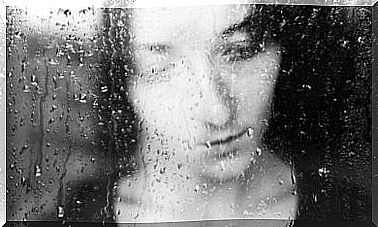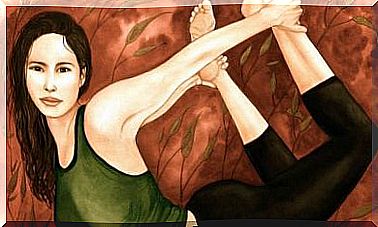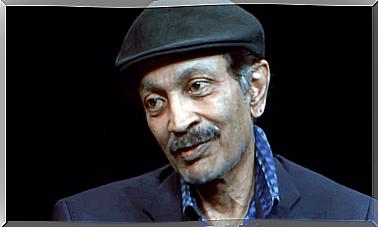Biography Of William James: A Pioneer Of Psychological Science
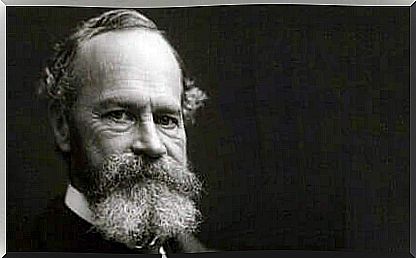
Discover the biography of William James, a man who was more than a notable philosopher of the late 19th century. Until his arrival, American society associated psychology with the mere practices of future-guessing or mind-reading.
Thanks to him and the laboratory of experimental psychology he founded at Harvard, this field was established as a scientific discipline. James has established himself as one of the great pioneers in this area.
Today, many still regard James as the preeminent American philosopher of his day and also the father of modern psychology. His works span many disciplines, ranging from epistemology, education, metaphysics, religion, mysticism, anatomy and, of course, psychology.
The way in which William James stood out and became one of the leaders in this area of knowledge was, without a doubt, something as unique as it was significant. He spent much of his youth suffering from various health problems, strange illnesses and physical limitations such as partial deafness.
All these conditions and discomforts made him, at one point in his life, think about suicide. In this state of seeming melancholy, he concluded that what ailed him was nothing more than an illness of the mind as well as of the soul.
Therefore, he wanted to investigate in other areas to seek answers in knowledge and disciplines that eventually gave him great revelations: philosophy and psychology.
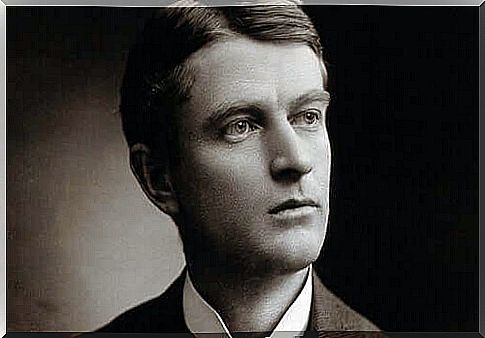
William James Biography: Eclectic Education and Personal Aspiration
James was born in 1842 into a family of good standing characterized by artistic, scientific and intellectual interest. His parents moved among the cultural elites of the time and decided to give their children the most eclectic and cosmopolitan education possible.
He spent much of his childhood traveling the world with his family. At first, I felt an artistic inclination towards painting. Later, he was attracted to science. Then, in 1861, he began his medical studies at Harvard University.
At that time, his brother, Henry James, was already starting to stand out in the literary field, while his sister Alice did it in the field of history.
At some point, William decided to postpone his medical studies and start a scientific expedition through the Amazon with the naturalist Louis Agassiz. However, this trip went on for nearly two years to serve as a suitable period for personal reflection.
Medicine would not be his only field of work and study. His mind, his innate curiosity about the brain and human behavior, asked for much more. He wanted to delve into more areas of knowledge…
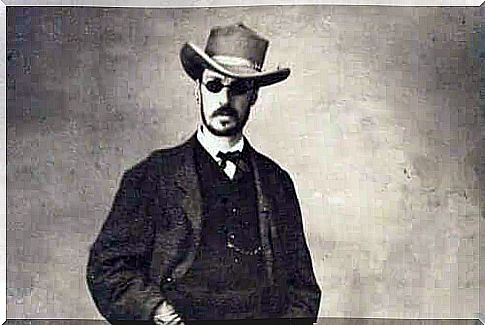
The scientific study of the human mind
William James spent his entire academic career at Harvard. First he was professor of physiology, then of anatomy, psychology, and later of philosophy. His most important work was published in 1890, shortly after creating the university’s first experimental psychology laboratory.
- This work was ‘Principles of Psychology’ (a book with more than one thousand and one hundred pages), in which it addressed the main areas of this science, such as memory, imagination, reasoning, emotions, habits and ‘self’ consciousness.
- Now, all these areas were worked on in your book from a very specific point of view: the philosophical.
This rather pragmatic view of psychology as a science made William James one of the forerunners of functionalism. Such an approach would give rise to the emergence of behaviorism.
the study of conscience
William James wanted to deepen and delimit the study of consciousness through experimental physiology. He did it with other experts such as Henry Pickering Bowditch and James Jackson Putnam.
All of this had a very specific purpose: trying to locate consciousness in some area of the brain.
- After a series of tests and analyses, he concluded that awareness is really a process. It’s our sense of ourselves. It is an immense sum of domains that includes everything that has been lived and felt, our past and also our future potential.
- Consciousness for William James was defined as a set of images, thoughts and sensations. They can be transient or permanent in our mind.
- Psychology could therefore analyze this process. That is, the flow of thoughts to be able to delimit that abstract idea that configures the “I”.

The study of emotions in the biography of William James
With William James’s interest in understanding human behavior, it was almost inevitable that at some point in his career he would turn his scientific curiosity into the field of emotions.
- He did this in partnership with Carl Lange, a Danish physician specializing in physiology. Together they enunciated the well-known James-Lange theory of emotion. She understands that emotion is the mind’s perception of the physiological conditions that arise from a given stimulus.
- For example, if I see that there is a snake beside me, I am not afraid to think that it might attack me. My body and my consciousness generate a certain physiological response. This response is what finally gives rise to the emotion. The flight and the physical reaction would be, according to this theory, what triggers this feeling of fear and anguish.
The legacy of William James: a philosopher and a pioneer in psychology
William James died of heart failure at his New Hampshire home on August 26, 1910. He was 68 years old and left behind an immense, varied, and fascinating legacy for psychology.
He founded the philosophical school of pragmatism and functional psychology. Furthermore, he established empiricism in his scientific studies. Finally, he was one of the first psychologists to delve deeper into the study and understanding of the brain.
Thanks to him, the first pillars of these psychological disciplines were built, which continue to advance to this day.



